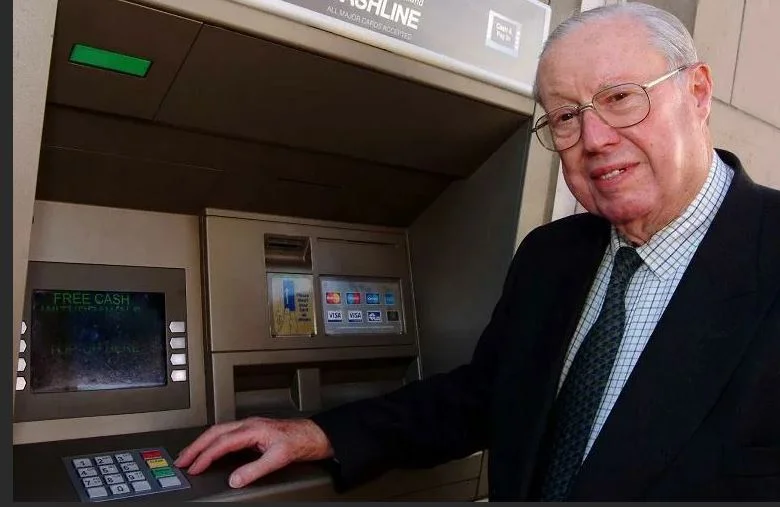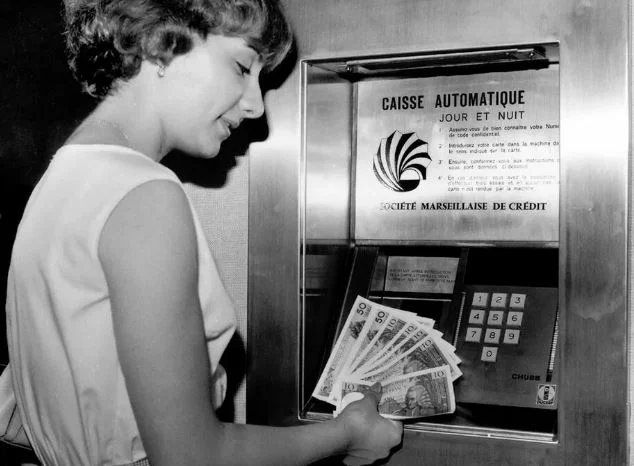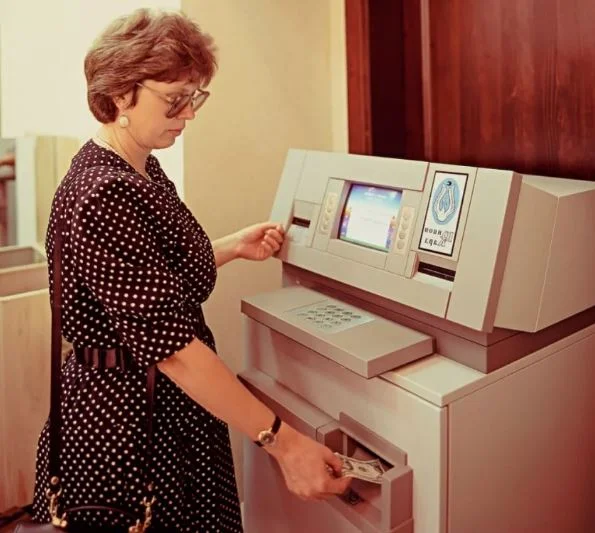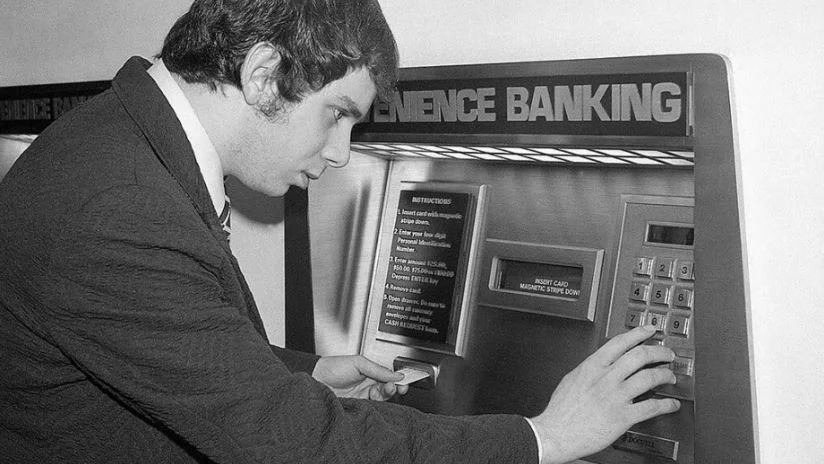In the ever-evolving landscape of banking and finance, one innovation stands out as a symbol of convenience and accessibility—the Automated Teller Machine (ATM). Let’s take a journey through the history, impact, and evolution of the ATM, a technological marvel that has reshaped the way we interact with our finances.
The Genesis of Automated Banking
The Invention of the ATM

Unveil the origins of the ATM and its revolutionary impact on traditional banking. Discover the inventor behind this financial game-changer and the initial vision that sparked its creation.
A Revolution in Banking Accessibility

Explore how the ATM transformed banking into a 24/7 service, liberating customers from the constraints of traditional banking hours. Understand the early challenges and successes that marked the adoption of ATMs.
Understanding the Mechanics
How ATMs Work: Behind the Scenes
Demystify the inner workings of ATMs, from card authentication to cash dispensing mechanisms. Delve into the technology that ensures a secure and seamless user experience.
Evolution of Features: Beyond Cash Withdrawals

Trace the evolution of ATM features beyond cash withdrawals. Examine the introduction of functionalities such as check deposits, bill payments, and fund transfers.
Impact on Banking and Society
Financial Inclusion: Bridging Gaps
Examine how ATMs have played a pivotal role in promoting financial inclusion and bringing banking services to remote and underserved areas. Explore case studies illustrating the transformative impact on communities.
ATMs in a Digital Age: Challenges and Adaptations

Discuss how the rise of digital banking and online transactions has influenced the role of ATMs. Analyze the challenges faced by ATMs in a digital era and the strategies adopted for relevance.
FAQs about ATMs
Q: Who is credited as the inventor of the ATM?
A: The ATM is attributed to John Shepherd-Barron, a Scottish inventor who conceptualized the idea of a self-service cash machine.
Q: When was the first ATM installed for public use?
A: The first public ATM was installed in Enfield, London, in June 1967, at a branch of Barclays Bank.
The Future of ATMs: Innovations and Trends
Biometric Security: A New Era of Authentication
Explore the integration of biometric technology in ATMs, such as fingerprint and iris recognition, enhancing security measures.
Contactless and Cardless Transactions
Discuss the emerging trend of contactless and cardless transactions at ATMs, providing a glimpse into the future of frictionless banking.
Conclusion: The ATM Chronicles Continue
As we reflect on the journey of the ATM, from its humble beginnings to its multifaceted role in the digital age, one thing becomes clear—it’s far more than just a cash dispenser. The ATM has woven itself into the fabric of our financial routines, embodying the essence of accessibility and convenience.
In the grand narrative of financial evolution, the history of the ATM unfolds as a tale of innovation and accessibility, with each transaction echoing the footsteps of progress.












